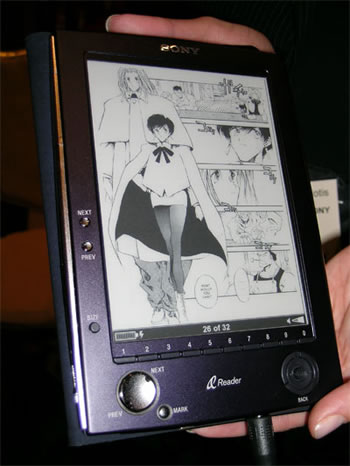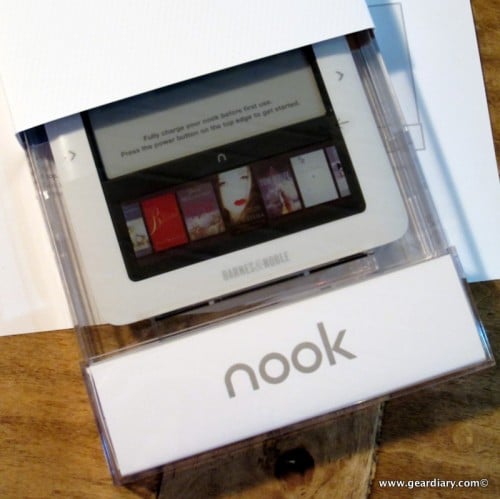This semester, after I chose to take three reading-intensive courses and three Honors courses, I realized shortly after that I had also chosen to spend almost two thousand dollars on textbooks.
The Kindle, supposedly, is much cheaper than a bookstore, enabling one to instantly purchase full literary anthologies for a dollar. Even a few Iphone apps feature extensive collections of short stories and poetry for mere cents, and, somewhat relatedly, lately Itunes has made available highly ranked professor's lectures on Itunes U for free. Literary knowledge abounds these days at a lower price than ever--and, as Kindles and other e-readers are continually popularized, the price gets only lower.
How, coming from a writer's perspective, can this be negative?
As it turns out, quite simply. I, being a writer, tend to make a big deal out of books. When I need a new story to enthrall me, I care about the journey to find it. I decide which local bookstore I'm in the mood to visit with on that particular day. Often, I choose to walk to said bookstore (notebook in hand so I can scribble random observations along the way)--preferably one with which I already have some sort of rapport with the owner and employees (Here, Blue Cypress on Oak Street is my favorite for used books, while Maple Street Bookshop is my usual choice for newer titles. At home, Farley's, a famous hole-in-the-wall in New Hope, PA has been almost a second home to me since I was thirteen.) Usually, once arriving, I'm apt to spend a few hours perusing titles, reading and replacing, sometimes even agonizing, before making a choice. During that time, I'm overhearing conversations of other book-buyers and employees, recommending books, trading views on everything from fiction to poetry to local author readings and events--all knowledge and experience that I can't get out of an e-book.
Sure, I oversentimentalize. But, books have changed my life, and every time I buy a new one, I'm opening myself to another potential change. Books force me to understand the people around me, to learn about different cultures and ideas--in short, to grow. I don't want to grow with a credit card and the click of a button. For such a rich reward, I want to appreciate the experience that preceded it.
I feel like, with the new potential for overload in e-books, I could get caught up in too much availability and stop appreciating the interactions, the journey, and, eventually, the prize gained. If I can so easily read anything at any time, how can I appreciate any of it at all?









